Nori Porcine S100A8 ELISA Kit
$461.00 – $832.00
DataSheet CoA SDS
This ELISA kit is for quantification of S100A8 in pig. This is a quick ELISA assay that reduces time to 50% compared to the conventional method, and the entire assay only takes 3 hours. This assay employs the quantitative sandwich enzyme immunoassay technique and uses biotin-streptavidin chemistry to improve the performance of the assays. An antibody specific for S100A8 has been pre-coated onto a microplate. Standards and samples are pipetted into the wells and any S100A8 present is bound by the immobilized antibody. After washing away any unbound substances, a detection antibody specific for S100A8 is added to the wells. Following wash to remove any unbound antibody reagent, a detection reagent is added. After intensive wash a substrate solution is added to the wells and color develops in proportion to the amount of S100A8 bound in the initial step. The color development is stopped, and the intensity of the color is measured.
Alternative names for S100A8: S100 calcium-binding protein A8, S100-A8, calgranulin A and MRP8
This product is for Laboratory Research Use Only not for diagnostic and therapeutic purposes or any other purposes.
- Description
- How Elisa Works
- Product Citation (0)
- Reviews (0)
Description
Nori Porcine S100A8 ELISA Kit Summary
Alternative names for S100A8: S100 calcium-binding protein A8, S100-A8, calgranulin A and MRP8
Alternative name for porcine: Pig
| Assay Type | Solid Phase Sandwich ELISA |
| Format | 96-well Microplate or 96-Well Strip Microplate |
| Method of Detection | Colorimetric |
| Number of Targets Detected | 1 |
| Target Antigen Accession Number | C3S7K5 |
| Assay Length | 3 hours |
| Quantitative/Semiquantitative | Quantitative |
| Sample Type | Plasma, Serum, Cell Culture, Urine, Cell/Tissue Lysates, Synovial Fluid, BAL, |
| Recommended Sample Dilution (Plasma/Serum) | No dilution for sample <ULOQ; sufficient dilution for samples >ULOQ |
| Sensitivity | 9 pg/mL |
| Detection Range | 46.9-3000 pg/mL |
| Specificity | Natural and recombinant porcine S100A8 |
| Cross-Reactivity | < 0.5% cross-reactivity observed with available related molecules, < 50% cross-species reactivity observed with species tested. |
| Interference | No significant interference observed with available related molecules |
| Storage/Stability | 4 ºC for up to 6 months |
| Usage | For Laboratory Research Use Only. Not for diagnostic or therapeutic use. |
| Additional Notes | The kit allows for use in multiple experiments. |
Standard Curve
Kit Components
1. Pre-coated 96-well Microplate
2. Biotinylated Detection Antibody
3. Streptavidin-HRP Conjugate
4. Lyophilized Standards
5. TMB One-Step Substrate
6. Stop Solution
7. 20 x PBS
8. Assay Buffer
Other Materials Required but not Provided:
1. Microplate Reader capable of measuring absorption at 450 nm
2. Log-log graph paper or computer and software for ELISA data analysis
3. Precision pipettes (1-1000 µl)
4. Multi-channel pipettes (300 µl)
5. Distilled or deionized water
Protocol Outline
1. Prepare all reagents, samples and standards as instructed in the datasheet.
2. Add 100 µl of Standard or samples to each well and incubate 1 h at RT.
3. Add 100 µl of Working Detection Antibody to each well and incubate 1 h at RT.
4. Add 100 µl of Working Streptavidin-HRP to each well and incubate 20 min at RT.
5. Add 100 µl of Substrate to each well and incubate 5-30 min at RT.
6. Add 50 µl of Stop Solution to each well and read at 450 nm immediately.
Background:
S100 calcium-binding protein A8 (S100A8) is a protein that in humans is encoded by the S100A8 gene.[1] It is also known as calgranulin A and MRP8. The proteins S100A8 and S100A9 (MRP14) form a heterodimer called calprotectin.[2] The protein encoded by this gene is a member of the S100 family of proteins containing 2 EF-hand calcium-binding motifs. S100 proteins are localized in the cytoplasm and/or nucleus of a wide range of cells and involved in the regulation of many cellular processes such as cell cycle progression and differentiation. This protein may function in the inhibition of casein kinase and as a cytokine. Altered expression of this protein is associated with the disease cystic fibrosis.[3] The calcium-binding protein MRP-8 is produced by human pulmonary tumor cells[4] and is present in infiltrate macrophages of rheumatoid arthritis.[5] MRP8 and MRP14, S-100-like proteins associated with myeloid differentiation, are translocated to plasma membrane and intermediate filaments in a calcium-dependent manner.[6] S100A8 is a component of the human neutrophil cytosolic S-100 protein complex, calprotectin that shows in vitro antimicrobial activity of against Capnocytophaga sputigena.[7]
References
- Lagasse E, Clerc RG (1988). Mol. Cell. Biol. 8(6): 2402–10.
- Nacken W, et al. (2003). Microsc. Res. Tech. 60(6): 569–80.
- Wilkinson MM, et al. (1989). J. Cell Sci. 91(2): 221–30.
- Schäfer T, et al. (1991). Biol. Chem. Hoppe-Seyler. 372(1): 1–4.
- Odink K, et al. (1987). Nature. 330(6143): 80–2.
- Roth J, et al. (1993). Blood. 82(6): 1875–83.
- Miyasaki KT, et al. (1993). J. Dent. Res. 72(2): 517–23.























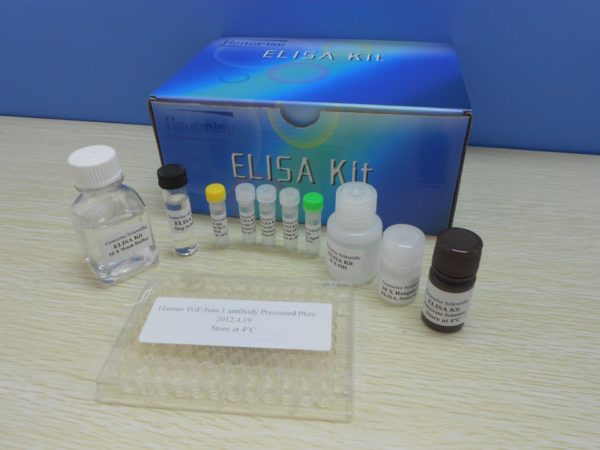
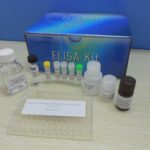
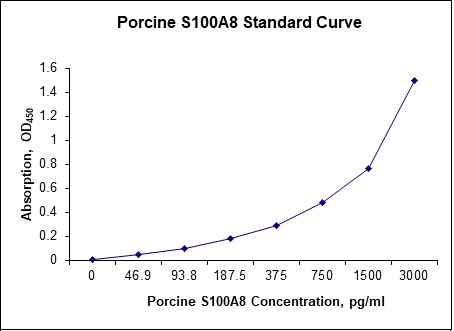
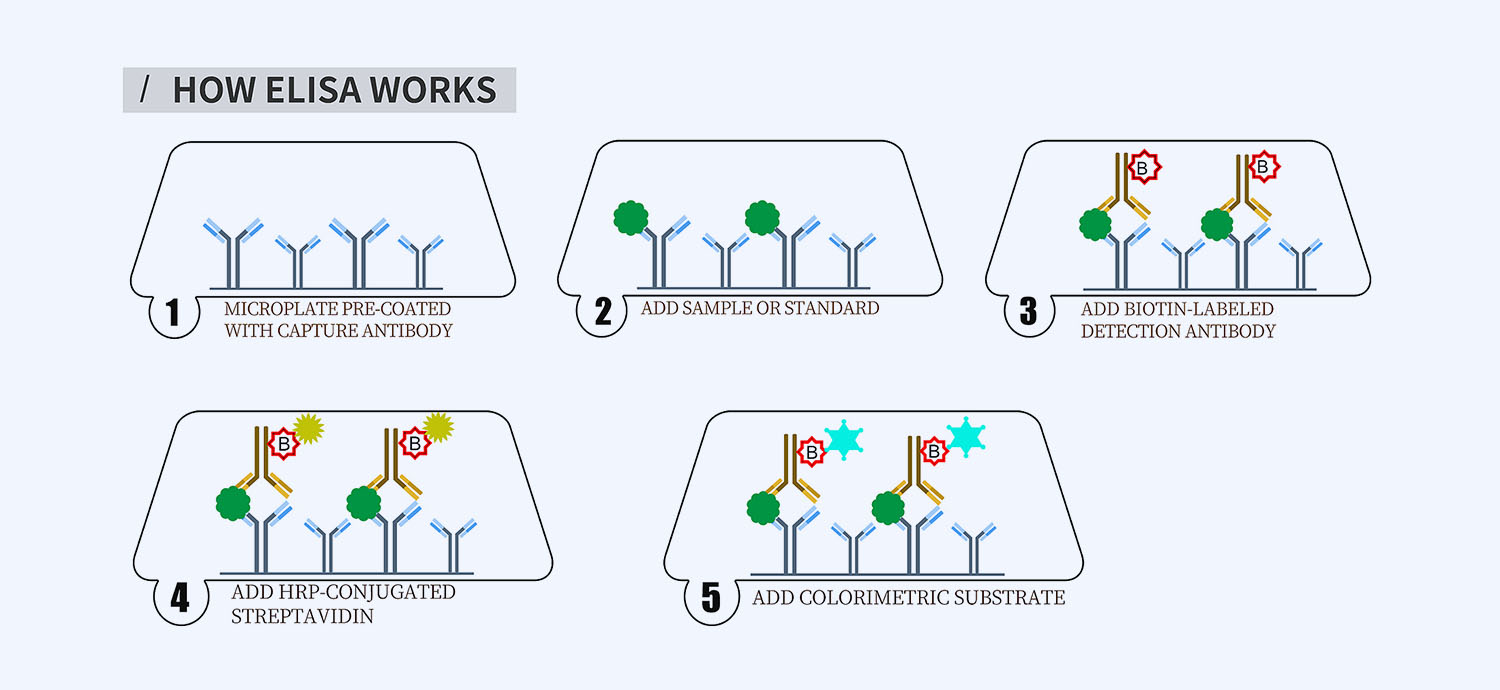
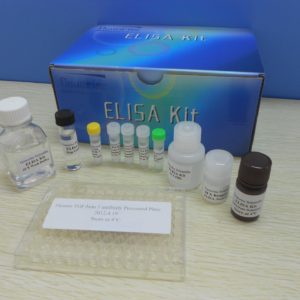
Reviews
There are no reviews yet.